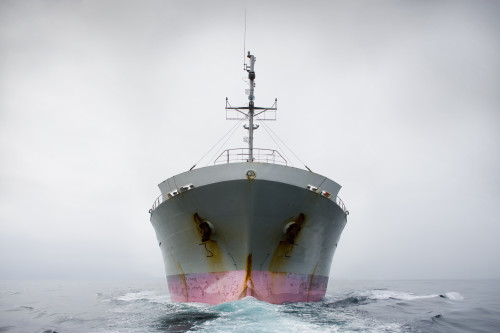United States trade policy has evolved to meet the challenges and opportunities of international markets since the nation’s founding. Over the years, innovation has provided new outlets for accessing the global markets, but one law has fostered an inconsistent and inefficient standard for how goods move by water, and who carries them. The “Merchant Marine Act of 1920,” more commonly referred to as “The Jones Act,” is a protectionist law designed to safeguard the domestic shipping industry from foreign competition. By requiring that trade between U.S. ports be carried on a U.S.-built ship that is U.S. owned, flagged, and operated by a crew of 75 percent U.S. citizens, the trade policy effectively bans cabotage, the foreign competition within the United States. The Act was also designed to ensure steady order for the domestic shipbuilding industry as well as ensure the U.S. would maintain a domestic sealift capability of military resources in times of war.
Generally seen as a bastion for free markets and free trade, the U.S. maintains the world’s most restrictive cabotage law, creating an inconsistent trade policy that manipulates prices and harms consumers. For almost 100 years, the Jones Act guaranteed domestic shippers a monopoly on certain trade routes and protected ship builders and crews from competition. While well intentioned, the Act also eliminates the incentive to innovate, lower costs, or improve standards. As a result, the cargo fleet has slowly deteriorated and become expensive to operate.
Read more on Forbes.






